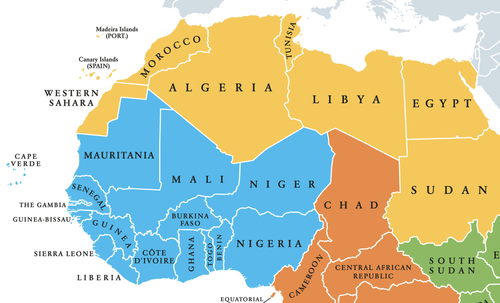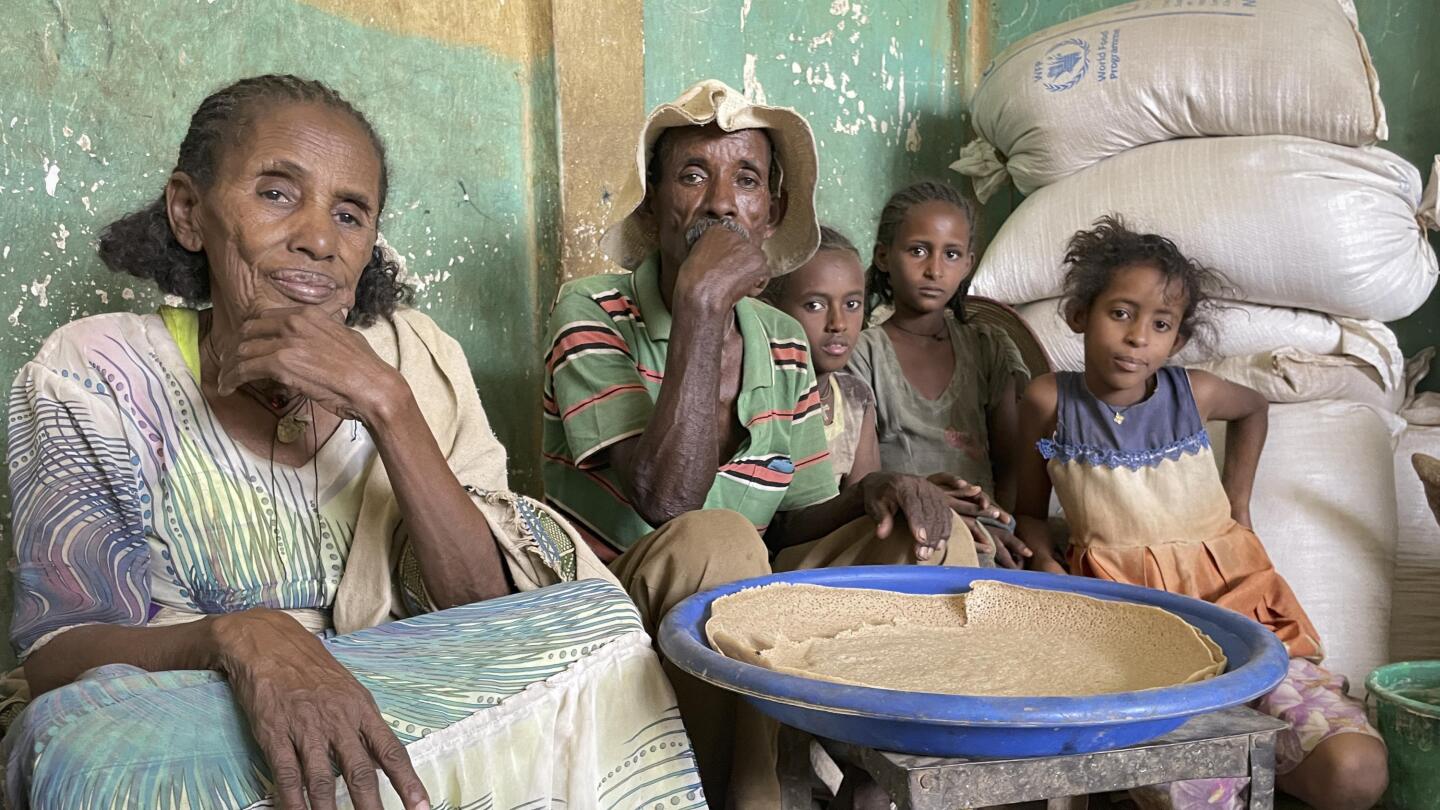Plain Jane
Just Plain Jane
May's thread:
 www.timebomb2000.com
Conflict in Mediterranean beginning page 80:
www.timebomb2000.com
Conflict in Mediterranean beginning page 80:
 www.timebomb2000.com
Main Coronavirus thread beginning page 1571:
www.timebomb2000.com
Main Coronavirus thread beginning page 1571:
 www.timebomb2000.com
www.timebomb2000.com

 apnews.com
apnews.com
UN condemns piracy in world's hotspot -- the Gulf of Guinea
Click to copy
UN condemns piracy in world’s hotspot -- the Gulf of Guinea
By EDITH M. LEDERERtoday
UNITED NATIONS (AP) — The U.N. Security Council unanimously adopted a resolution Tuesday strongly condemning piracy, armed robbery and hostage-taking in the Gulf of Guinea, the world’s top hotspot for attacks on shipping and seafarers.
The resolution sponsored by Ghana and Norway calls on countries on Africa’s west coast along the Gulf of Guinea to criminalize piracy and armed robbery at sea and take action to penalize perpetrators.
It stresses the importance of enhanced coordination among countries on the Gulf of Guinea and international and regional organizations to deter pirates and robbers. It also urges all countries to share information with Interpol, the international law enforcement body.
Ghana’s U.N. ambassador, Harold Agyeman, told the council that despite a resolution it adopted 10 years ago and a code of conduct on the way in which states in the region address the issue of piracy, 130 of the 135 kidnappings of ships’ crews worldwide in 2020 took place in the Gulf of Guinea.
According to the International Maritime Bureau’s Piracy Reporting Center, global piracy dropped in 2021 but the threat level in the Gulf of Guinea region remains high.
Calling maritime piracy “one of the foremost security concerns on the African continent,” Agyeman said that “urgent attention is required in combating the menace since it is detrimental to the development of coastal economies in the region.”
He said piracy also risks compounding a host of other challenges facing West Africa, including a surge in terrorism, a return of military coups and the worsening impact of climate change and the COVID-19 pandemic.
Norwegian Ambassador Mona Juul said, “Every day, more than a thousand boats and ships crisscross the waters of the Gulf of Guinea.”
“It is crucial for the development and economic welfare of dozens of countries in west, central and southern Africa” for the piracy to be ended, she said.
According to a recent U.N. study, Juul said, piracy in the Gulf of Guinea costs countries on the coast at least $2 billion a year.
“Even with the encouraging progress being made -- helped by renewed efforts by countries like Nigeria -- the Gulf of Guinea remains the world’s most dangerous places for ships and seafarers,” she said.
The resolution asks U.N. Secretary-General Antonio Guterres to report within five months on the underlying causes of piracy and armed robbery in the Gulf of Guinea “including any possible and potential linkages with terrorism in west and central Africa and the Sahel.”
INTL - Africa: Politics, Economics, Military- May 2022
April’s thread: https://www.timebomb2000.com/xf/index.php?threads/africa-politics-economics-military-april-2022.617563/#post-9122466 Regional Conflict In Mediterranean beginning page 79...
WAR - Regional conflict brewing in the Mediterranean
Drone explodes near a military base inside Bagdad airport View: https://mobile.twitter.com/EndGameWW3/status/1528894841391824896?cxt=HHwWgICygcDw3LcqAAAA
CORONA - Main Coronavirus thread
[CONTINUED FROM POST ABOVE] September 2021 - Scotland launched it’s first investigation into an abnormal spike in newborn baby deaths that was triggered by surpassing a threshold in infant deaths that hadn’t been seen since the 1980’s. (Note- this spike did not occur in 2020, the Year of Covid)...

UN condemns piracy in world's hotspot -- the Gulf of Guinea
UNITED NATIONS (AP) — The U.N. Security Council unanimously adopted a resolution Tuesday strongly condemning piracy, armed robbery and hostage-taking in the Gulf of Guinea, the world’s top hotspot for attacks on shipping and seafarers.
UN condemns piracy in world's hotspot -- the Gulf of Guinea
Click to copy
UN condemns piracy in world’s hotspot -- the Gulf of Guinea
By EDITH M. LEDERERtoday
UNITED NATIONS (AP) — The U.N. Security Council unanimously adopted a resolution Tuesday strongly condemning piracy, armed robbery and hostage-taking in the Gulf of Guinea, the world’s top hotspot for attacks on shipping and seafarers.
The resolution sponsored by Ghana and Norway calls on countries on Africa’s west coast along the Gulf of Guinea to criminalize piracy and armed robbery at sea and take action to penalize perpetrators.
It stresses the importance of enhanced coordination among countries on the Gulf of Guinea and international and regional organizations to deter pirates and robbers. It also urges all countries to share information with Interpol, the international law enforcement body.
Ghana’s U.N. ambassador, Harold Agyeman, told the council that despite a resolution it adopted 10 years ago and a code of conduct on the way in which states in the region address the issue of piracy, 130 of the 135 kidnappings of ships’ crews worldwide in 2020 took place in the Gulf of Guinea.
According to the International Maritime Bureau’s Piracy Reporting Center, global piracy dropped in 2021 but the threat level in the Gulf of Guinea region remains high.
Calling maritime piracy “one of the foremost security concerns on the African continent,” Agyeman said that “urgent attention is required in combating the menace since it is detrimental to the development of coastal economies in the region.”
He said piracy also risks compounding a host of other challenges facing West Africa, including a surge in terrorism, a return of military coups and the worsening impact of climate change and the COVID-19 pandemic.
Norwegian Ambassador Mona Juul said, “Every day, more than a thousand boats and ships crisscross the waters of the Gulf of Guinea.”
“It is crucial for the development and economic welfare of dozens of countries in west, central and southern Africa” for the piracy to be ended, she said.
According to a recent U.N. study, Juul said, piracy in the Gulf of Guinea costs countries on the coast at least $2 billion a year.
“Even with the encouraging progress being made -- helped by renewed efforts by countries like Nigeria -- the Gulf of Guinea remains the world’s most dangerous places for ships and seafarers,” she said.
The resolution asks U.N. Secretary-General Antonio Guterres to report within five months on the underlying causes of piracy and armed robbery in the Gulf of Guinea “including any possible and potential linkages with terrorism in west and central Africa and the Sahel.”
Last edited:




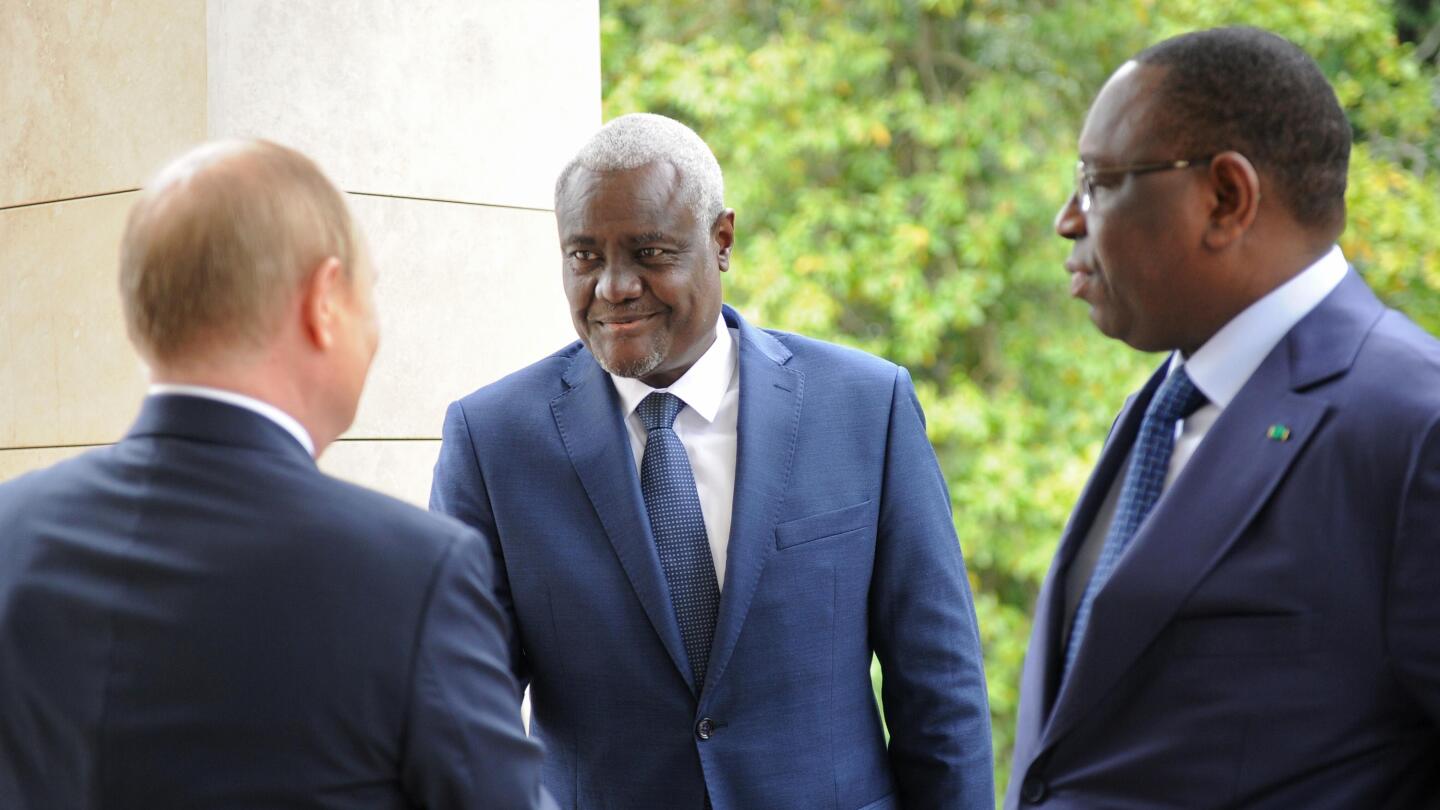

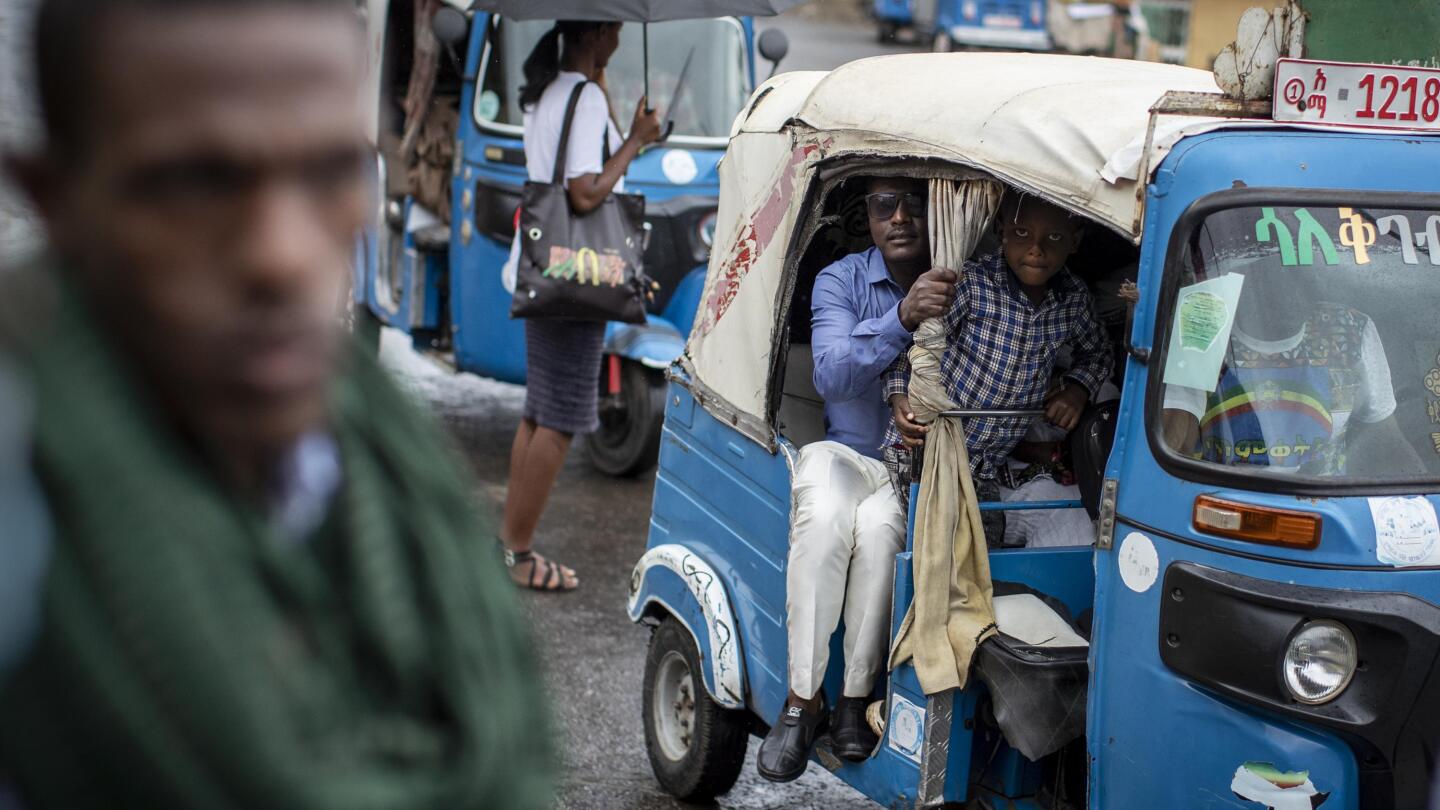



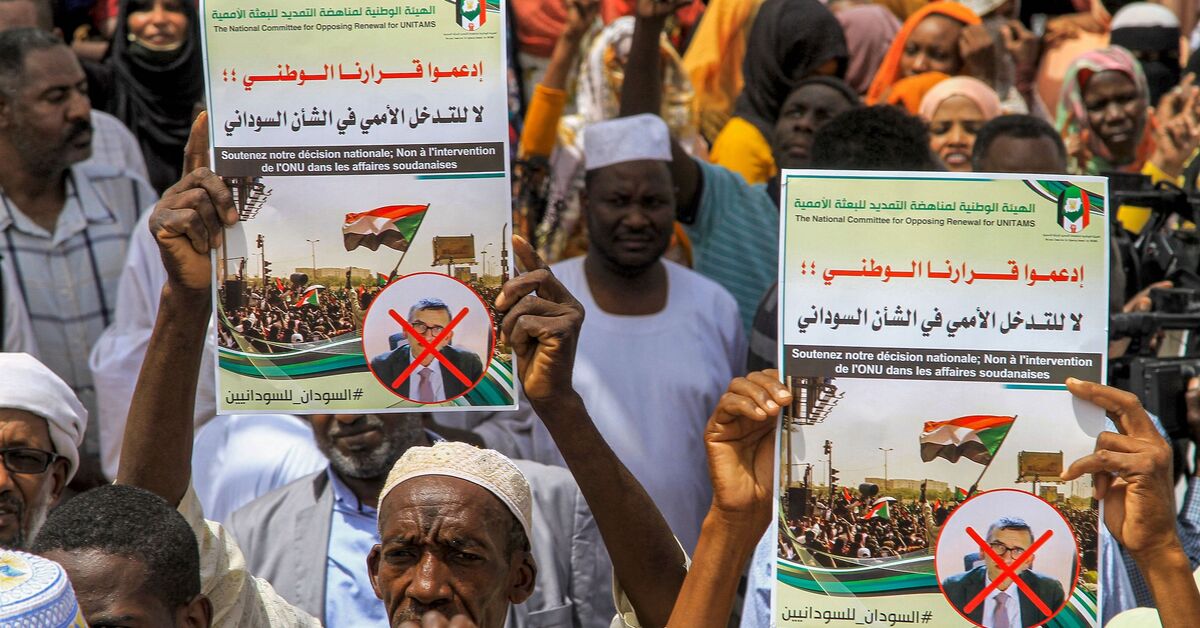












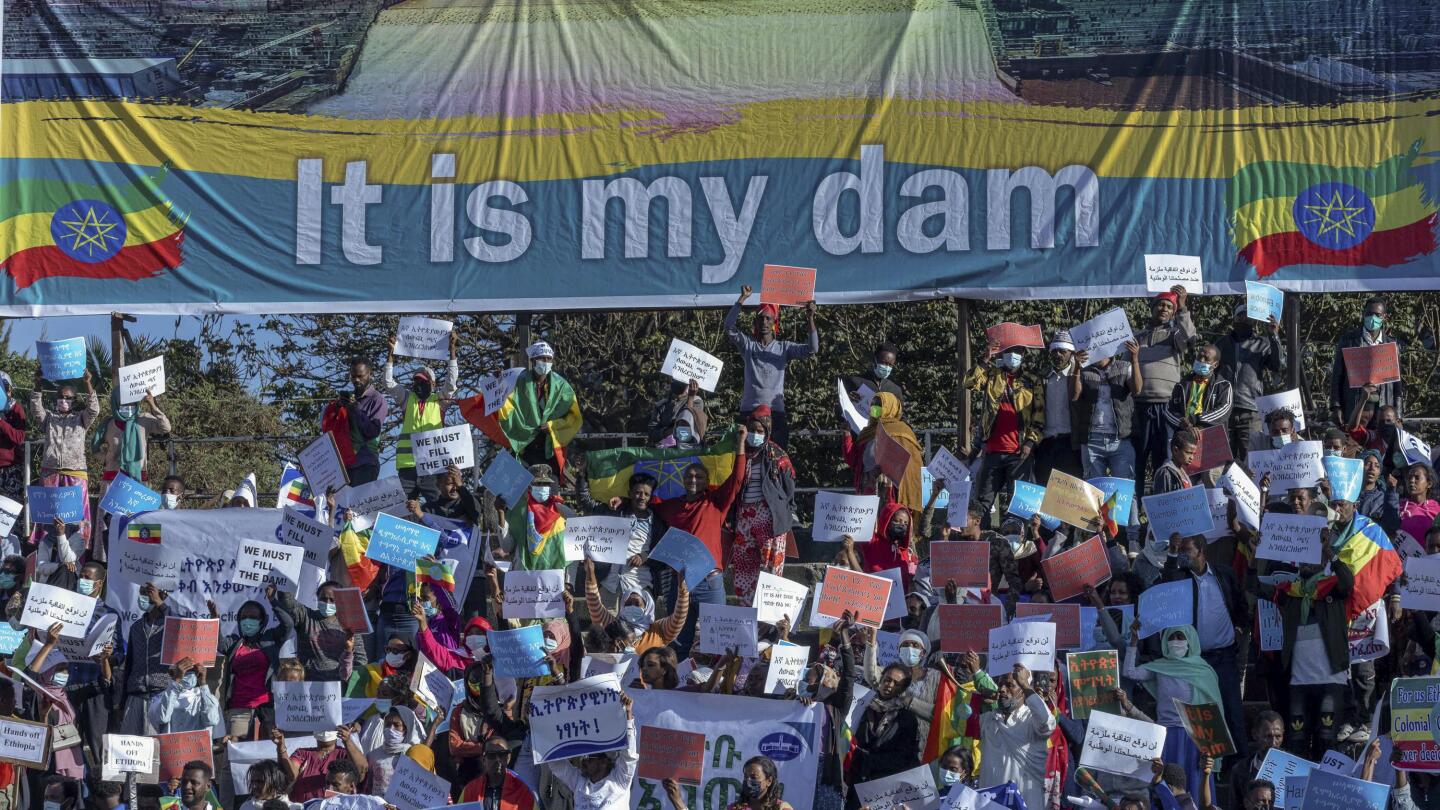









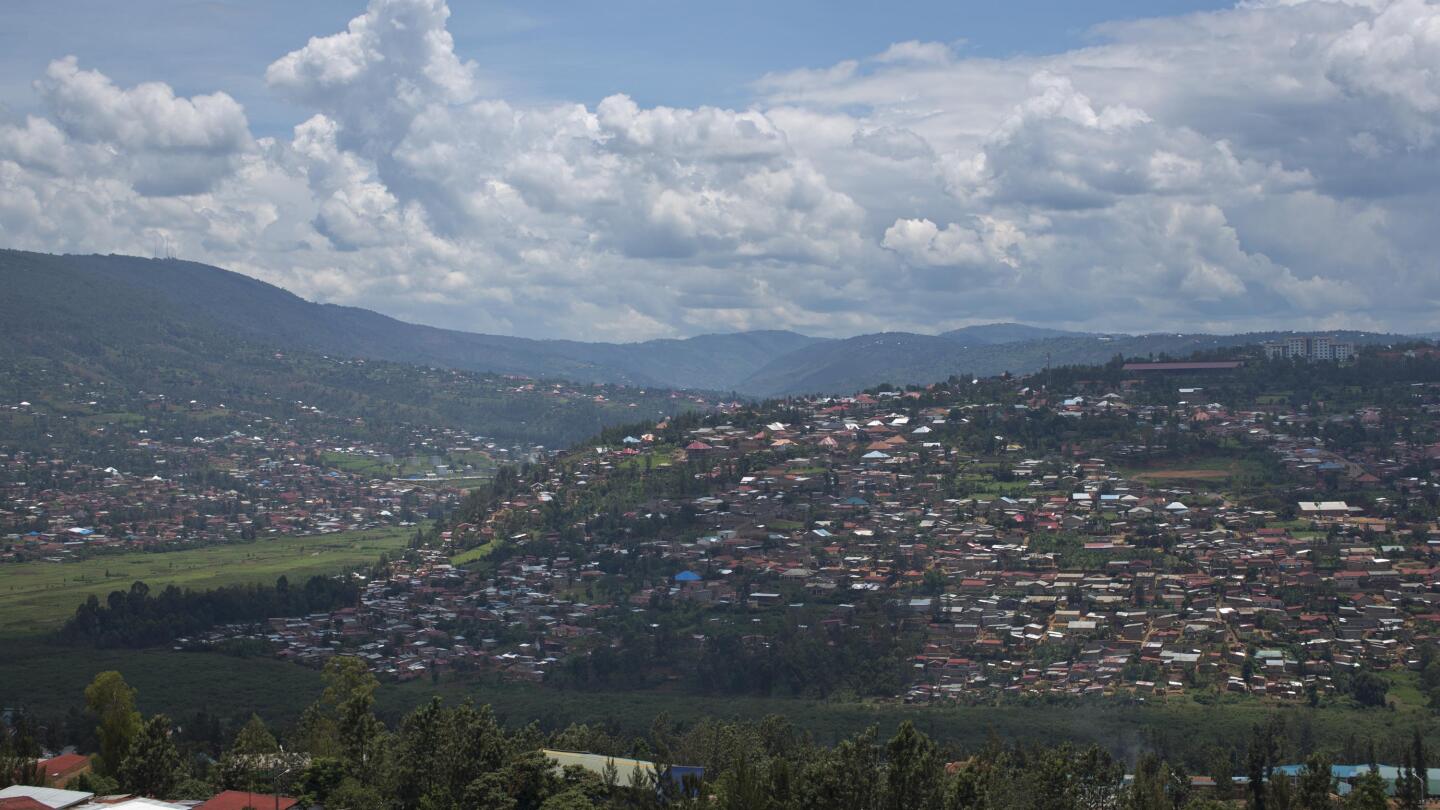



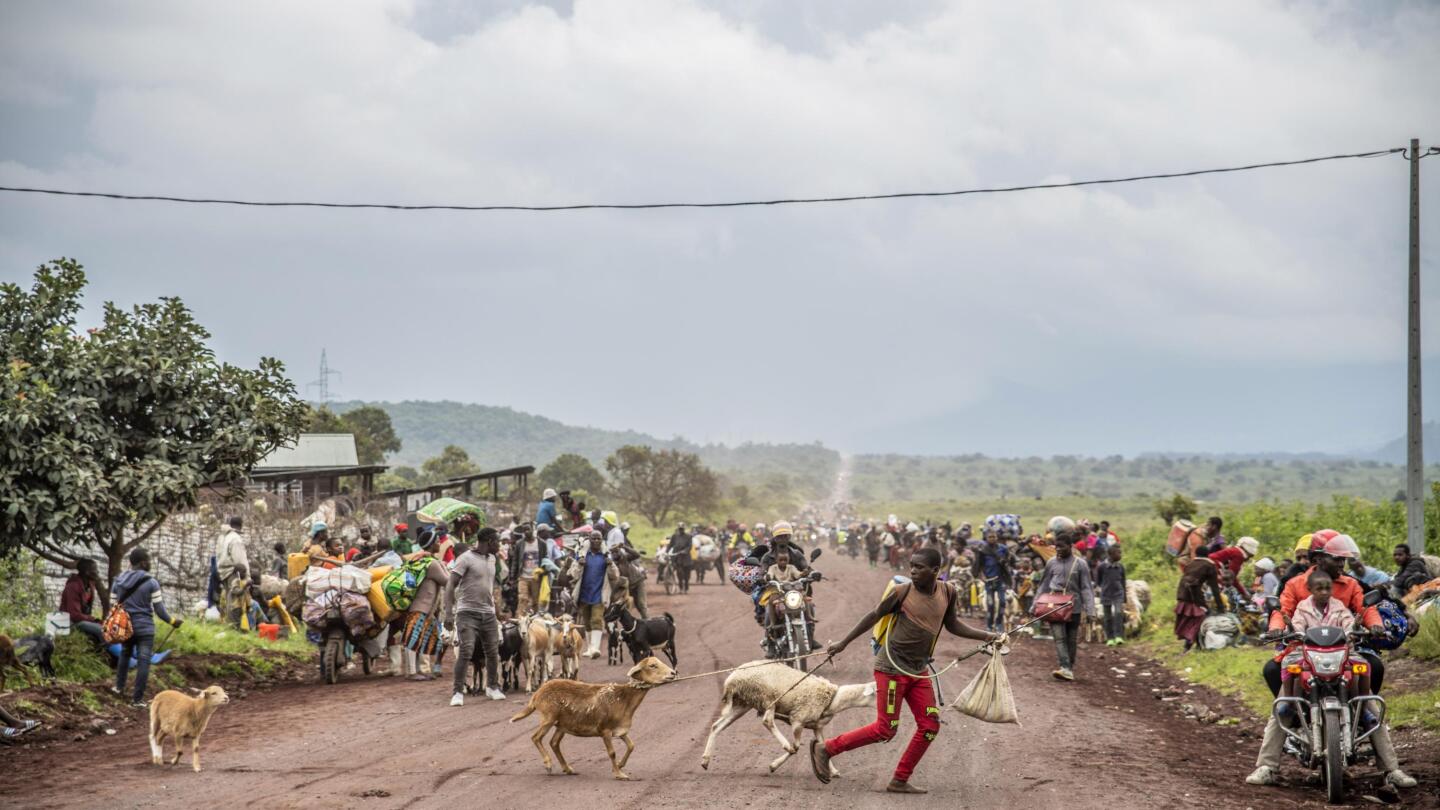
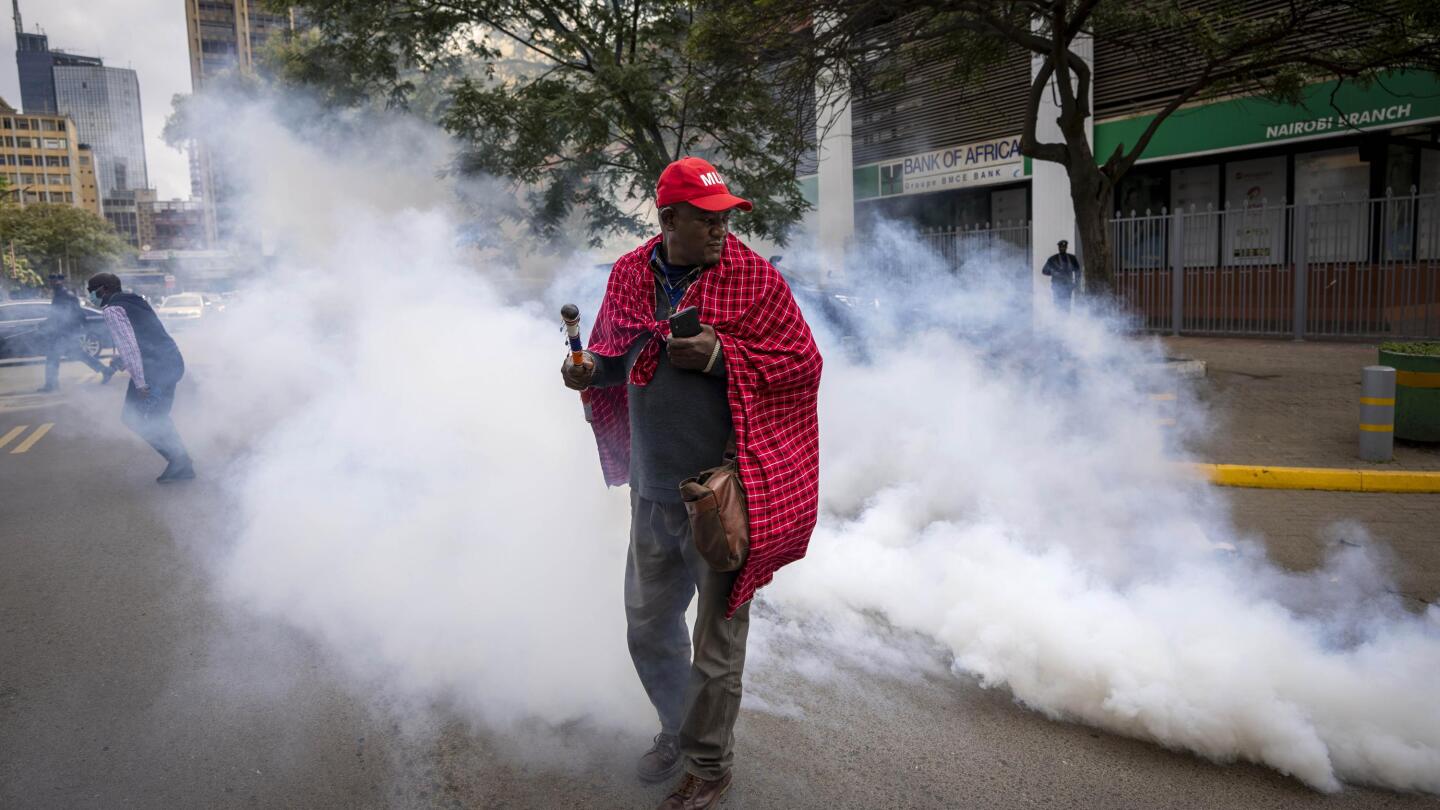



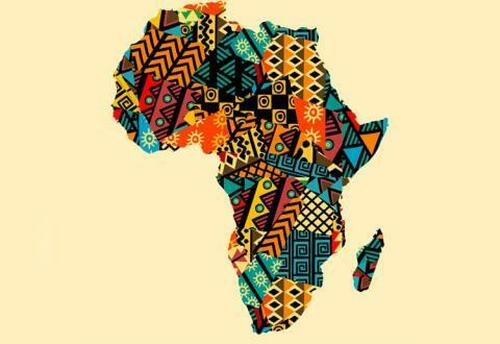




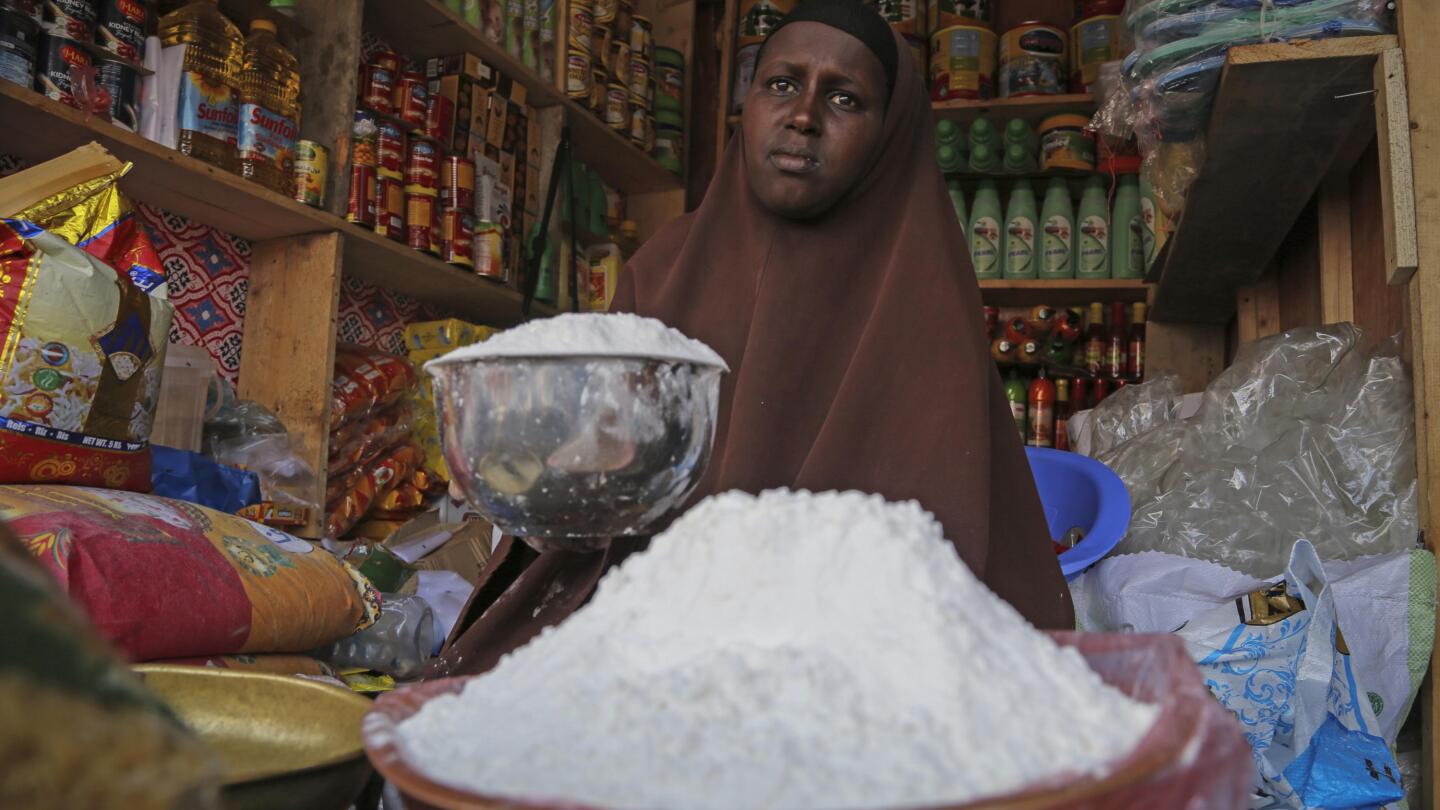

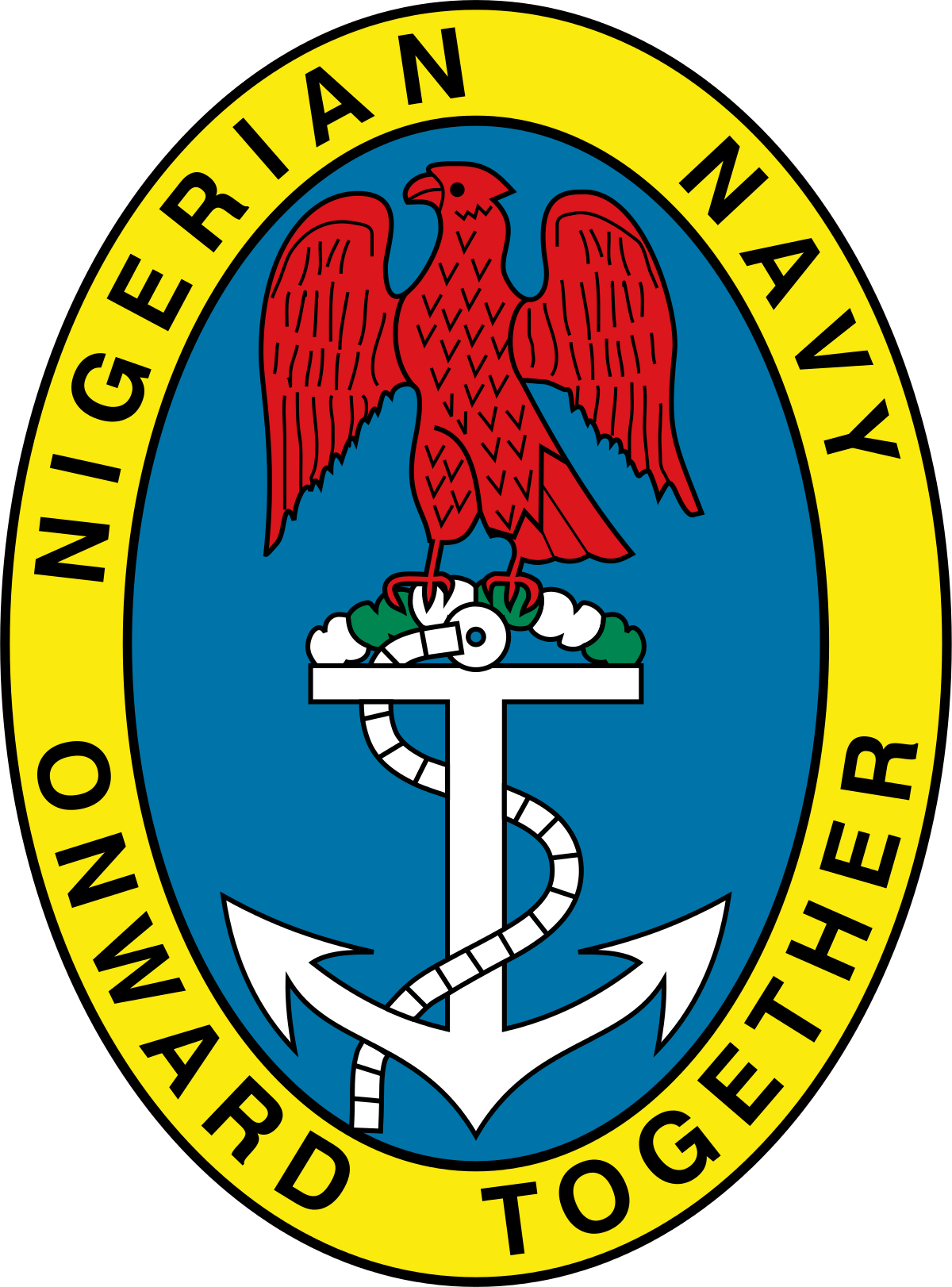



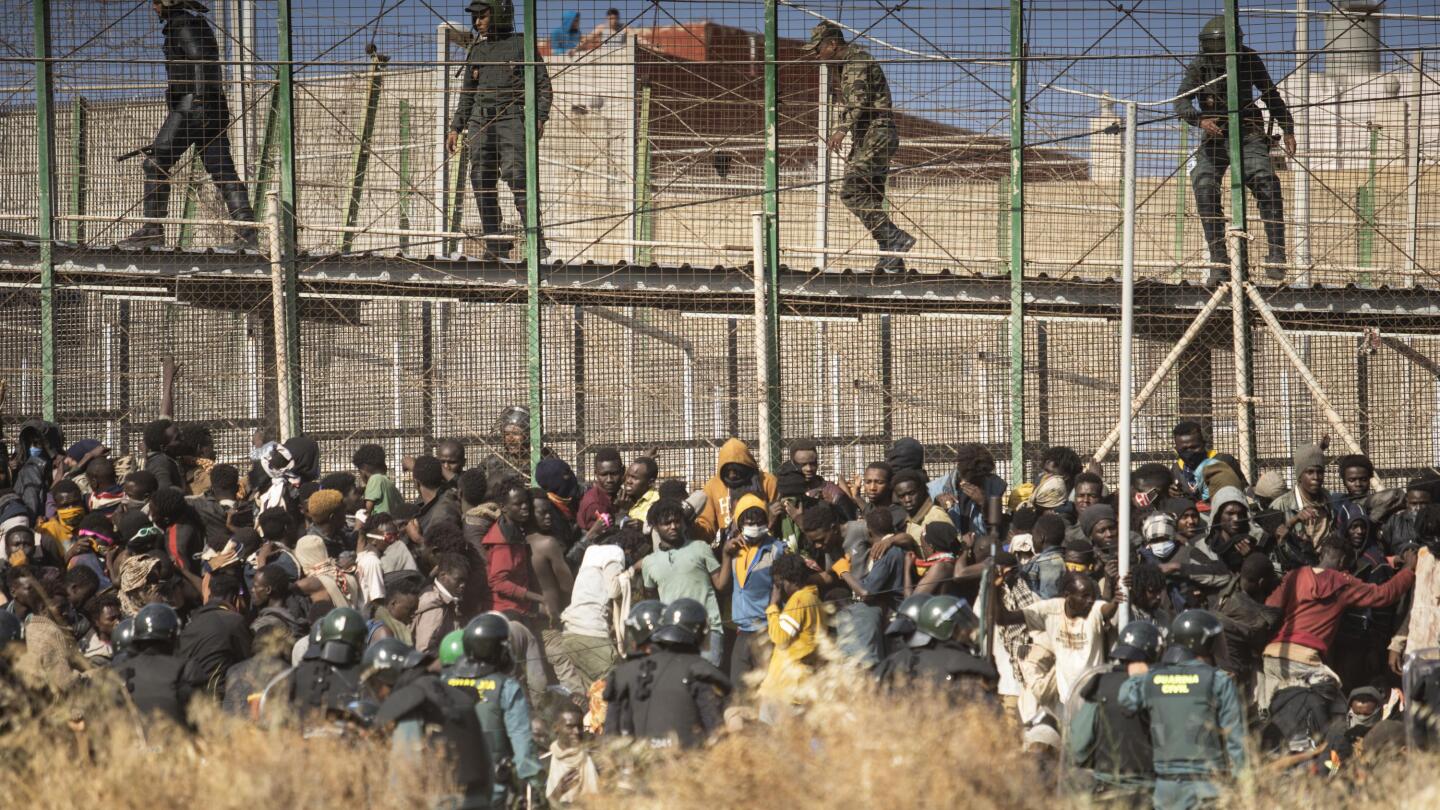











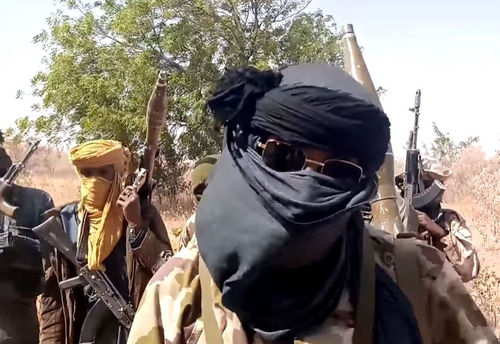 Nigerian bandits at their base in 2021 (via Wikipedia)
Nigerian bandits at their base in 2021 (via Wikipedia)